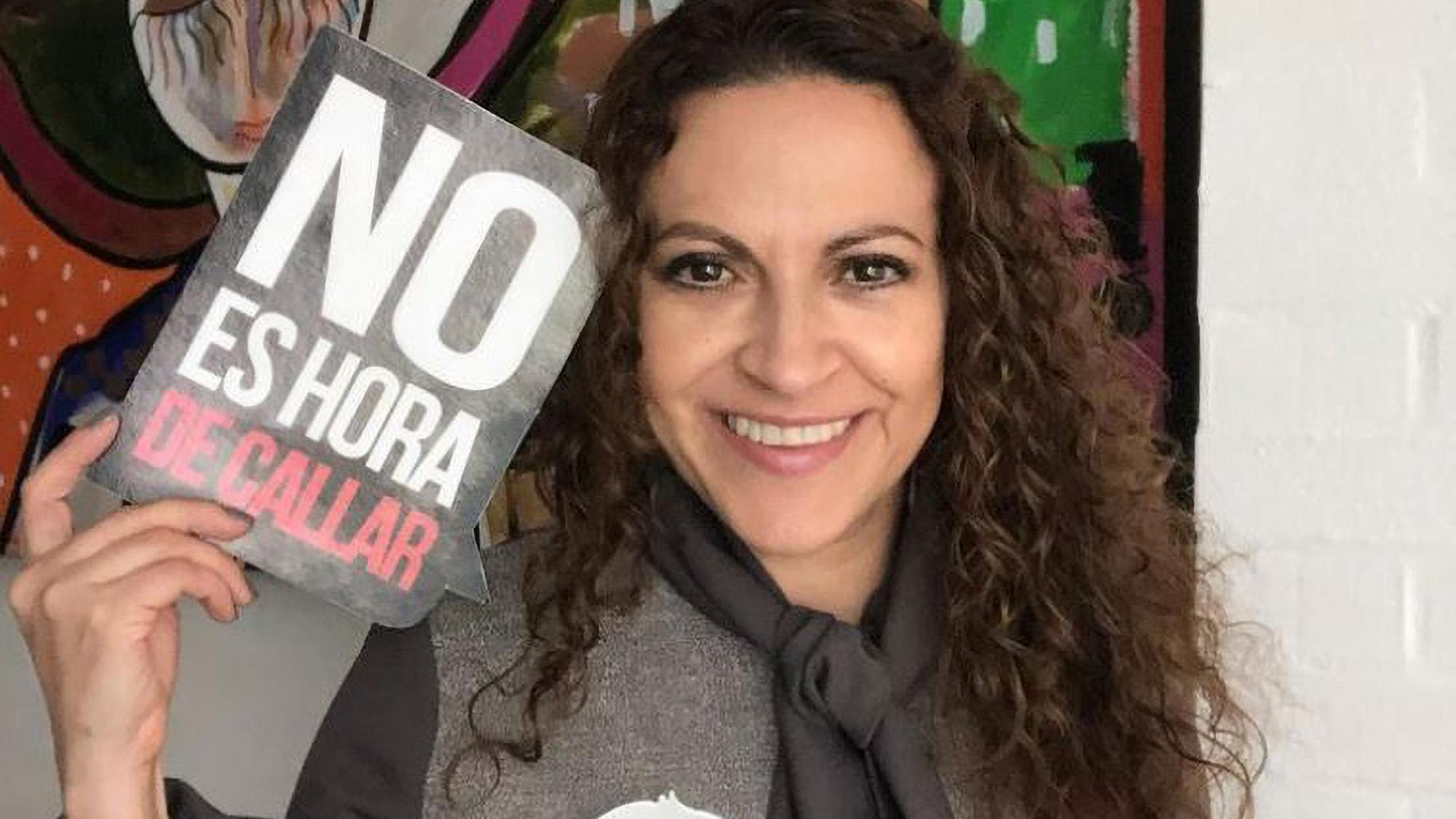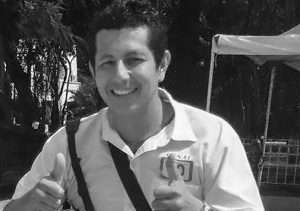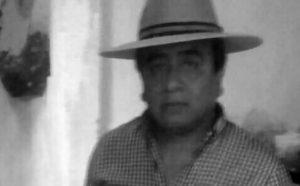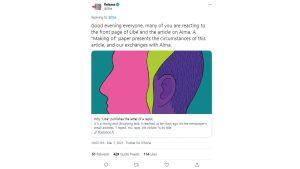The Colombian government has walked out of a hearing at an international court where they are accused of being partially responsible for the kidnapping, rape and torture of a journalist.
The hearings for the historic trial at the Inter-American Court of Human Rights (CIDH) started yesterday (15 March) and are set to take place for three days, ending tomorrow (17 March).
The Colombian Government, represented by Camilo Gomez Alzate, was accused of violating the rights of journalist Jineth Bedoya Lima.
The government is investigated for allegedly failing to protect her when she was targeted for being a journalist and for their poor investigation which landed their first conviction five years after the crime.
Bedoya Lima was brutally raped and tortured for 16 hours after she was kidnapped while she was investigating a gun trafficking ring running from a prison locally dubbed ‘La Modelo’ in the capital Bogota after receiving constant threats against her life.
She said: “My life was destroyed, I was killed in the morning of 25th May [2000] and I have found courage, protecting myself with journalism which has been my oxygen moving forward.”

Local media said the case could have serious and long-lasting repercussions as it is the first time the international court will make a verdict regarding sexual violence in Colombia and could help improve the safety of female journalists in the country.
However, Gomez Alzate and other representatives of the Colombian Government walked out of the court saying five out of six of the judges showed prejudiced against the government when asking Bedoya Lima questions following her statements.
Gomez said: “All of the magistrates have made questions that prejudged the responsibility without hearing from the State.”
However, the trial continued as the court’s verdict, which could take years to reach, will have an effect in Colombia as the CIDH is the human rights protection system of the Organization of American States (OEA).
Bedoya Lima’s trial happened two years after the Inter-American Commission on Human Rights made a report in 2019 which claimed the Colombian government failed to offer her protection despite her receiving repeated threats due to her journalistic duties and seeking help from the authorities.
The report said the government was responsible for violating the rights to live, personal integrity personal freedom, private life, freedom of expression, legal equality, judicial guarantees and judicial protection.
There have been three people convicted for the crime to date, with the first one coming in 2015.
Local media said she was physically and sexually attacked by a group of paramilitary fighters near the prison before she was left naked on the side of a road but the identities of the convicted criminals are unclear.
Bedoya Lima reportedly carried out her own investigation and claims a high-ranking officer was the person who ordered the attack which involved other police officers but no further information was given on their identities.
It is unclear when the court’s verdict will be announced as a decision can take several months or even years to be reached.

Local media said Bedoya Lima asked the courts to close down the La Modelo prison for its alleged involvement in corruption and to start cases investigating the sexual violence that occurred during the armed Colombian conflict.
The journalist leads a group called ‘No Es Hora De Callar’ (It is not time to keep quiet) which encourages women who were raped by fighters from the national conflict to step forward and report the attacks.




